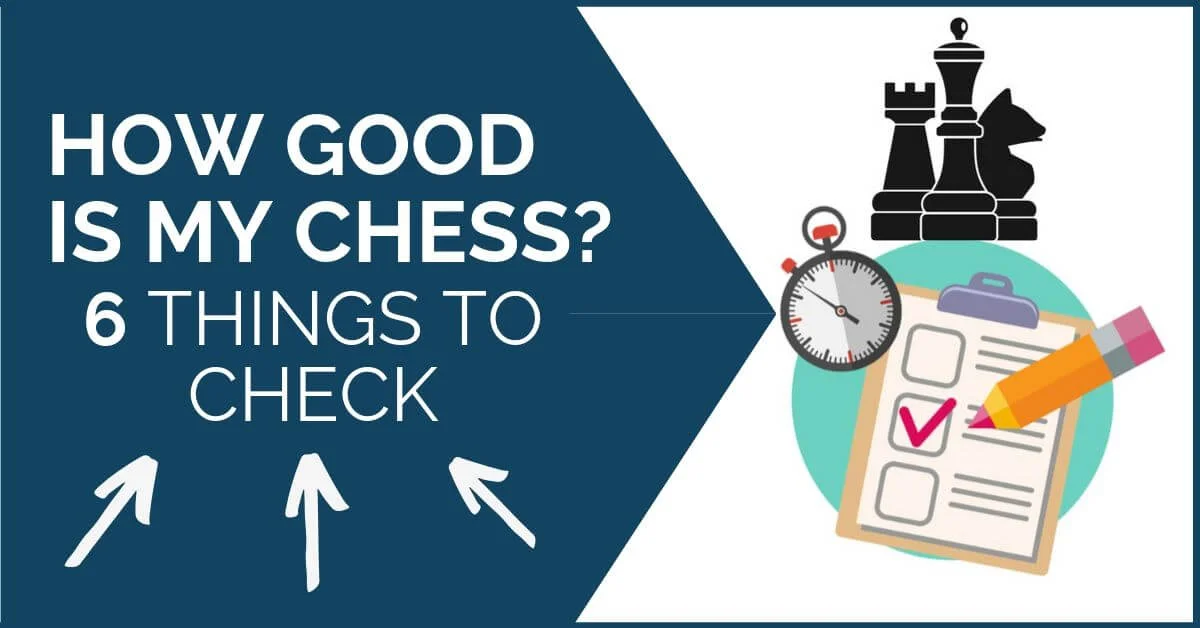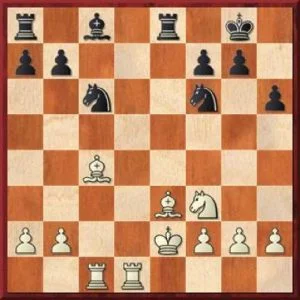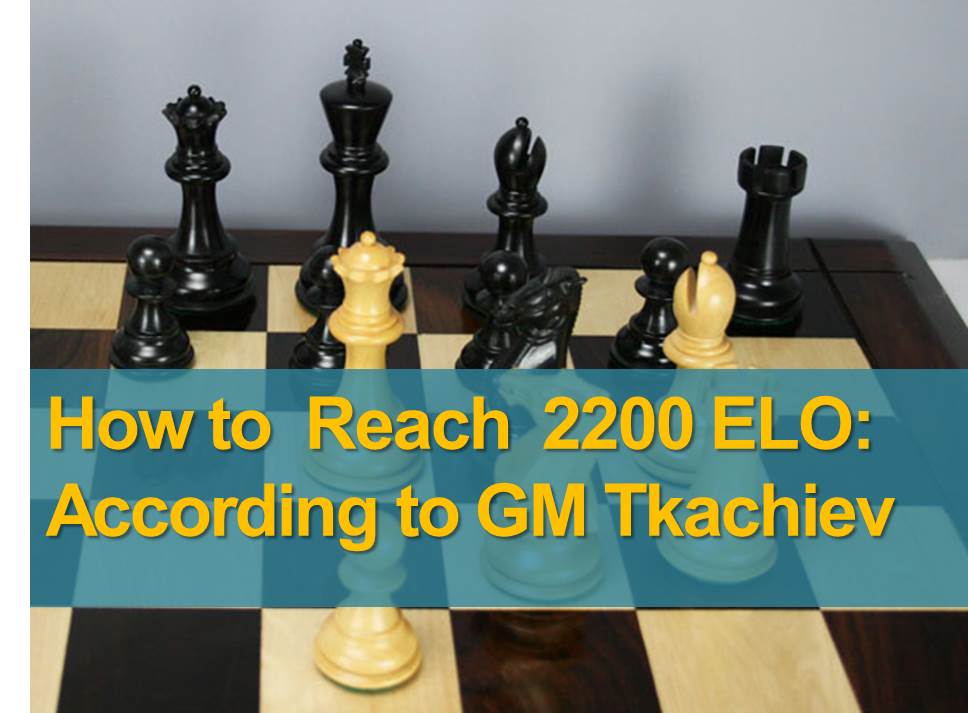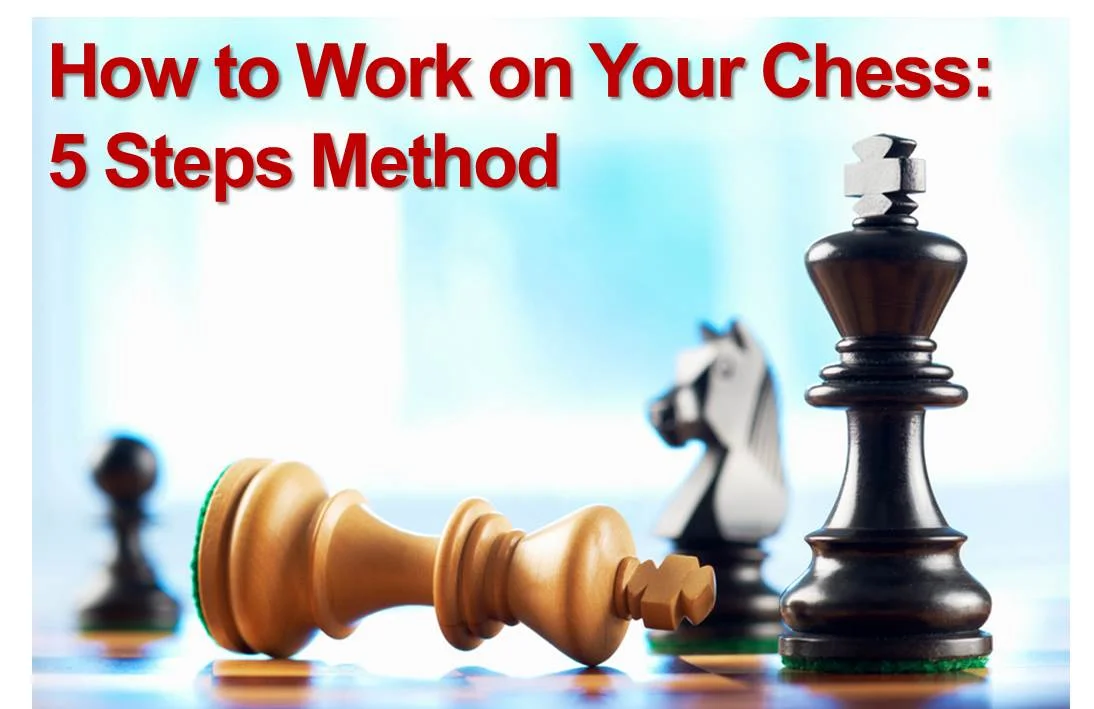How Good is My Chess: 6 Things to Check

There is no chess player who has not asked himself that question. And it is not about ratings or titles, because, let us be honest about this, we all think we are better than what those two parameters suggest.
The question is a serious one because it does not only determine our current strength but it should also give some idea of our own potential, how good we can be.
So how to answer that question?
The first step is the analysis of our own games. Only by a harsh look in the mirror can we determine our worth. This analysis should be done sincerely and with no attempt to hide behind excuses.
A typical example of an excuse is time trouble, “Oh, I missed that move, but I had very little time,” is a classical example, when in fact the truth ends with the comma. Be strong, admit it to yourself that you did not see the move, that your tactical vision is not good enough, that your calculation is not up to the desired level.
The key is not to delude ourselves. Only then can real progress begin.
This type of harsh analysis should be done on all aspects of the game:
- Openings (knowledge of theory, suitability of one’s repertoire),
- Middlegames (here we have calculation, tactical vision, chess strategy, planning, knowledge of all sorts – typical plans and positions, classical games etc.)
- Endgames (theoretical knowledge, technique, calculation). But the self-evaluation does not end here – it expands beyond the chess board.
- Psychology (how good am I in critical moments, how well do I play under pressure, how do I react to a loss, how do I react to a surprise in the opening, why do I end up in time trouble/play too fast, are just a few of the many important questions),
- Physical condition (this is becoming extremely important with so many tournaments having two rounds per day)
- Mental condition (“I can only play chess well if I feel inner peace” is what Botvinnik used to say)
Here I would like to give you an example from my own game to show how I try to do this type of analysis. I played it against an amateur player. Since the comments you are about to read are meant for my eyes only, do not be surprised by the harsh words I use for myself!
Colovic – Lemstra, Paleochora 2016

A typical endgame where White has the pair of bishops but Black should be fine.
18 Bb5
I played this part of the game lousily.
18…Bd7 19 Kf1 a6 20 Ba4
This bishop hangs in many lines and it gave me a lot of trouble.
20…Rac8 (with the idea of …Ne5) 21 a3
I did not know what to play!
21…Ne5 22 Bd7 Ned7 23 Bd4
Now at least I get some tricks, but Black should hold comfortably.
23…Kf8 24 Rc3?
Natural, but I completely missed the idea of Nh4 and Bc3: 24 Nh4! g6 25 Bc3! with the idea of Rd6 25…Rc6 26 Bb4 Kg7 27 Rc6 bc 28 Bc3 with a tangible advantage.
24…Rc3 25 Bc3 Rc8 26 Bb4?!
Again natural but far from being the best. 26 Ne1! did not even cross my mind. It prevents the construction of Nd5-Nf6. 26…Kg8 27 Nc2 Nb6 28 Ne3 Ne4 29 Bb4 and White is a bit better as the knights do not have stable squares.
In this short excerpt from my own game and comments you can see how hard I try to be on myself. I am also very honest, I admit it to myself that I had no idea. I can assure you that this is not even close to the hardest I can be! But that is the point, as I see it – by being hard on yourself you make sure you remember the mistakes you make, the problems you experienced during the game.
Once the mistakes in the game have been determined and clarified, next is to work on their elimination, or at least on improving the aspects of your play that led to them.
To continue using the above example here is what I concluded. I realized that I lacked clarity in my thinking. For me this normally means that my calculations were not clear, I did not see clearly what they were leading to. They felt like a blur and were vague. This was a personal impression, but one I knew all too well.
From experience I know what I need to do when I lack clarity. For me it simply means more time needs to be spent on calculation and visualization training. So after the tournament I spent most of my time on that – I used my trusted book on Kasparian (Domination in 2545 Studies) to solve these studies blindfold.
I know that this method brings me the best results in the shortest possible period. It was very hard in the beginning, as I had grown out of the habit, but after a while the habit returned and I was feeling much more confident in my calculations and ability to see the position clearly in my head.
This type of training bore fruit immediately. My next tournament was the Olympiad in Baku and I played on the third board for my national team. I felt good at the board, I played and calculated well, lost only 1 game and scored +4 (7 points out of 10 games) for the best result in the whole team.
I am a firm believer of this method of self-evaluation and self-improvement. It is simple to outline:
- Analyze and understand your mistakes,
- Work on their elimination or improvement on the aspects that led to them,
but it is not so easy to implement this plan!
It takes a lot of self-discipline (especially if you are working alone as I do) and perseverance in order to endure the difficulties of the training and to live to see the results of it. All I can say is that it works and I wish you good luck with it!










Comments: